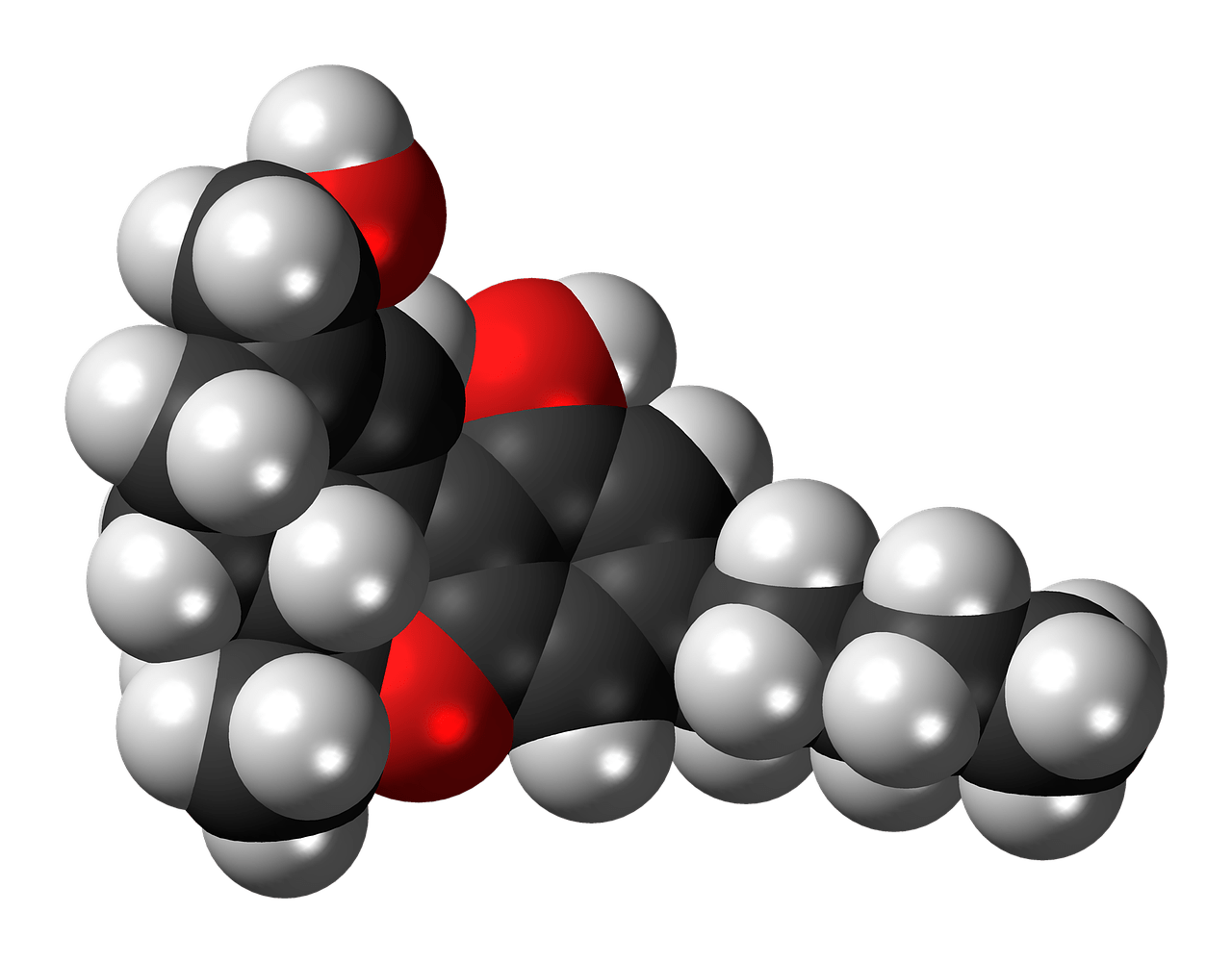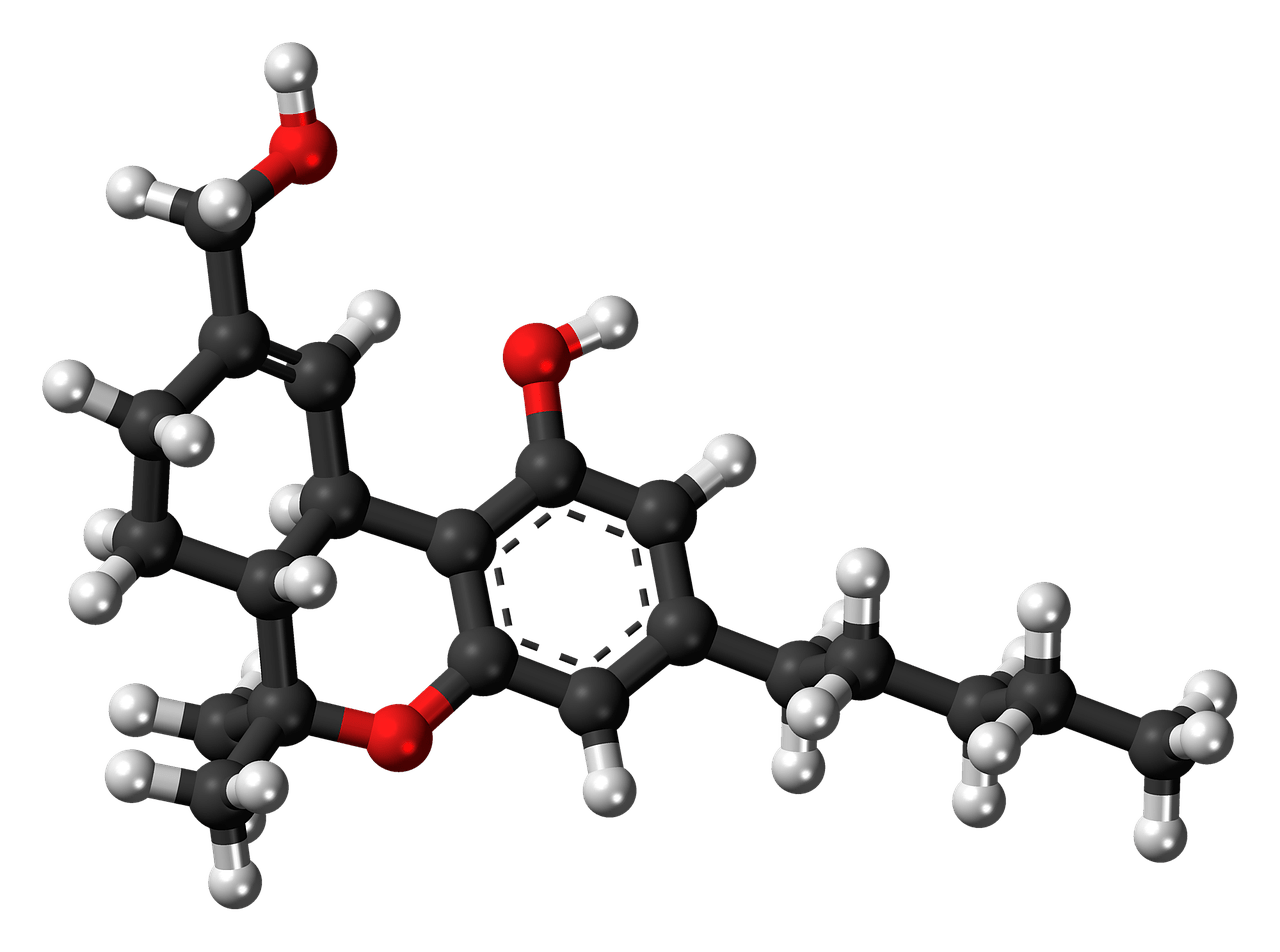What if I told you that the food you choose to eat could have an unexpected impact on your body at the cellular level? A recent study from MIT has shed some light on the relationship between diet, metabolites, and stem cell function in your intestines. Let’s dig into the fascinating findings together!
Understanding Stem Cells in the Intestine
Your intestines are a crucial part of your digestive system, and maintaining a healthy intestinal lining is essential for overall well-being. One of the key players in this process is adult stem cells, which reside in the intestinal lining. These stem cells have the remarkable ability to regenerate and differentiate into various cell types, effectively replacing worn-out or damaged cells.
The Role of Nutrients
Just like your body needs diverse nutrients to function optimally, intestinal stem cells require specific signals to thrive. It’s been established that factors such as diet can significantly influence these signals. Here’s a fun fact: the intestinal lining renews itself every few days! This rapid turnover necessitates a robust supply of stem cells to keep everything in tip-top shape.
The Impact of a Ketogenic Diet
Now let’s take a closer look at a particular diet—the ketogenic, or fat-rich diet—and how it affects intestinal health. Researchers at MIT discovered an unexpected twist: the metabolites produced when you consume a lot of fats positively influence stem cell function. When you break down fats, your body generates molecules known as ketone bodies. These molecules, often associated with weight loss and energy maintenance during fasting, might play an even more critical role than previously believed.
What Are Ketone Bodies?
You might be wondering—what exactly are ketone bodies? In simple terms, they are energy molecules produced when your body metabolizes fats instead of carbohydrates. You may notice that certain diets, particularly those low in carbs and high in fats, can raise the levels of these metabolites in your blood. But it turns out they don’t just serve as fuel; they also engage in some pretty interesting cellular signaling.

How Ketone Bodies Influence Stem Cells
The Notch Signaling Pathway
In the study, researchers delved deeper to determine how ketone bodies influence stem cell behavior. They found ketone levels trigger the Notch signaling pathway—an important mechanism that regulates cell-to-cell communication in your body. This pathway is essential for maintaining the balance between stem cell renewal and differentiation.
The Benefits of Enhanced Signaling
When the Notch pathway gets activated, it enhances stem cell function, making them more capable of regenerating and repairing damaged intestinal tissue. Think of it like a well-oiled machine where each part needs to function smoothly for everything to work effectively.
Findings from Mouse Studies
To evaluate the impact of diet on stem cells, the researchers conducted tests on mice. The results were conclusive: when the mice were fed a ketogenic diet, their intestinal stem cells displayed remarkable regenerative capabilities compared to those on a standard diet. This eclectic finding illustrates the robust relationship between diet, metabolites, and cellular functionality.
Fasting and Intestinal Health
Interestingly, earlier studies have shown that fasting can also boost stem cell activity. It seems that periods of food deprivation help the intestine maintain a reserve of active stem cells, poised to spring into action when nutrients become available again. This highlights the dynamic nature of your body’s needs in response to different dietary states.

Implications for Human Health
Potential Benefits for Cancer Patients
Considering the intricate relationship between diet and stem cell activity, there are implications for human health, especially for those undergoing treatments like radiation or chemotherapy. These treatments can severely damage the intestinal lining, and a ketogenic diet might offer a potential strategy for healing. Boosting stem cell functionality during recovery could be a game-changer in supporting intestinal health.
Exploring Ketone Bodies Beyond the Intestine
Looking ahead, researchers are excited about the possibility of studying stem cell activity in other tissues regulated by ketone bodies. The exploration could reveal whether similar benefits apply to different types of cells throughout the body.
Unraveling the Risks
Stem Cell Proliferation and Cancer
While there are promising benefits of increased stem cell function through ketone bodies, there’s an important caveat. The researchers are keen to investigate whether driving stem cell proliferation—especially in the intestines—could elevate the risk of developing tumors. After all, some cancers originate from stem cells, making it imperative to balance promoting stem cell activity and managing potential risks.
Final Thoughts
As you can see, the world of metabolites and stem cells is intricate and full of surprises. By understanding how diet influences stem cell function, you can make more informed choices about your nutrition.
What Comes Next?
The research is ongoing, and many questions remain unanswered, particularly around the role of dietary habits and disease risks. Future studies may shine a light on the delicate interplay between diet, metabolite levels, and cellular health. As we continue to learn more, adopting a balanced approach that considers how dietary choices impact your health at a cellular level becomes quintessential.
By maintaining a curious outlook about your diet and its effects on your body, you can take steps to nourish both your body and its intricate systems. Remember, the food you consume isn’t just fuel—it’s a powerful ally in supporting your health.



